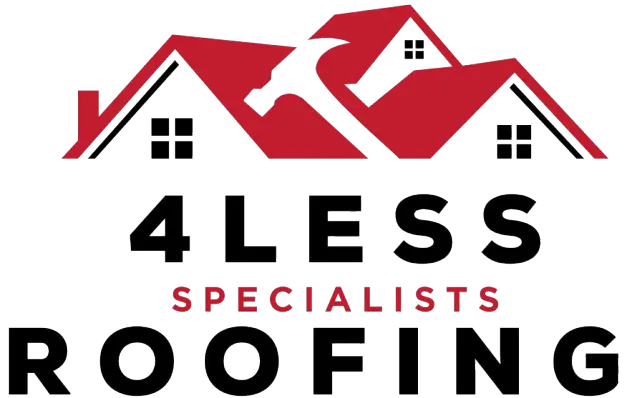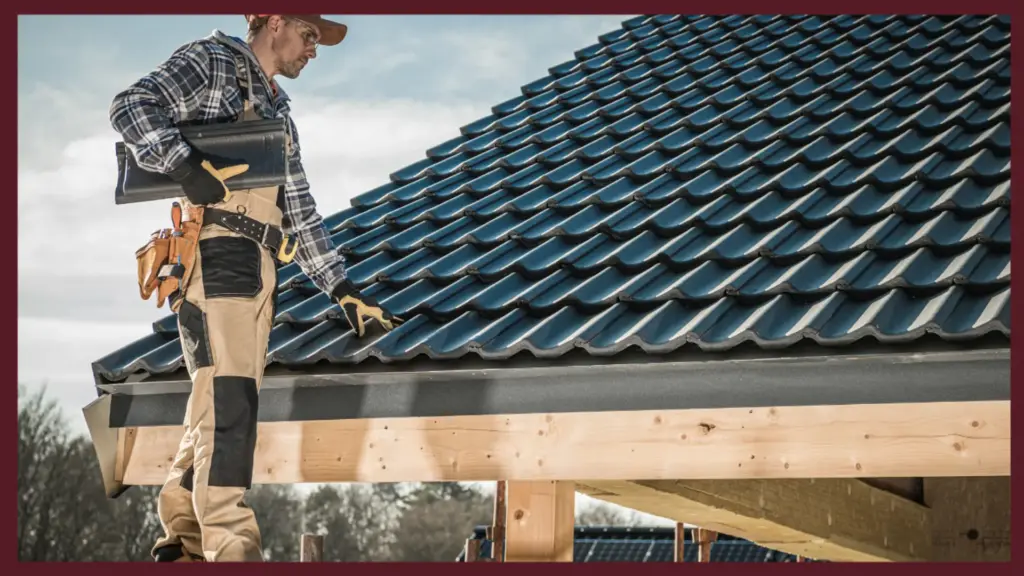Asphalt shingle roofing is a leading choice for homeowners, combining affordability, durability, and ease of installation. However, like any material, it has its advantages and limitations. Understanding the pros and cons of asphalt shingle roofing installation helps homeowners make informed decisions, balancing performance and cost with long-term needs. Here’s an overview of what makes asphalt shingles popular and what to consider before installation.
Durability and Weather Resistance
One of the most notable benefits of asphalt shingles is their durability, which provides reliable protection against varying weather conditions. Asphalt shingles are designed to withstand high winds, rain, and UV exposure, and many modern types come with features like algae resistance and impact ratings. While they hold up well in most climates, extreme weather conditions like heavy snowfall or intense hail can gradually wear them down. Regular maintenance and inspections can help asphalt shingles reach their full lifespan, making roofing installation with asphalt shingles a solid choice for areas with moderate climates.
Affordability and Cost-Effectiveness
Asphalt shingles are known for being budget-friendly, which makes them a popular choice among homeowners. The cost of materials and roofing installation with asphalt shingles is generally lower than other options like metal or tile. This affordability doesn’t compromise their effectiveness, as they still offer excellent protection and aesthetic appeal. Additionally, with a wide variety of colors and textures, homeowners can achieve the look they desire without overspending. The cost-effectiveness of asphalt shingles makes them an attractive option for those looking to balance aesthetics with budget, although the lifespan may be shorter compared to some premium materials.
Installation Speed and Simplicity
The ease and speed of asphalt shingle installation are significant advantages. Asphalt shingles are lighter than materials like clay or slate, which allows for quicker, more straightforward installation without requiring structural reinforcement. This simplified process means homeowners can enjoy reduced labor costs and minimal disruption during installation. Asphalt shingle installation is also a manageable project for roofing professionals, often completed within a few days depending on the roof size. However, proper alignment and installation techniques are essential to maximize durability and prevent potential issues, such as wind uplift or moisture infiltration.
Maintenance and Lifespan Considerations
While asphalt shingles are durable, they typically require regular maintenance to preserve their appearance and function over time. Their average lifespan ranges from 15 to 30 years, depending on factors like quality, climate, and maintenance. Roof inspections, cleaning, and occasional minor repairs can help extend the lifespan and avoid premature replacement. Although asphalt shingles offer a shorter lifespan than metal or tile, their low initial cost and easy replacement make roofing installation with asphalt shingles a practical choice. For homeowners willing to invest in periodic maintenance, this roofing option can provide a good balance between cost and longevity.
Asphalt shingle roofing installation offers several advantages, from affordability to ease of installation, though it does require regular maintenance for maximum performance. Considering these pros and cons helps homeowners choose the right roofing solution for their needs and long-term plans.
Learn more about roofing installation:
Understanding Asphalt Shingles for Roofing Installation: Types and Benefits
The Basics of Asphalt Shingle Roofing Installation: What Every Homeowner Should Know

